
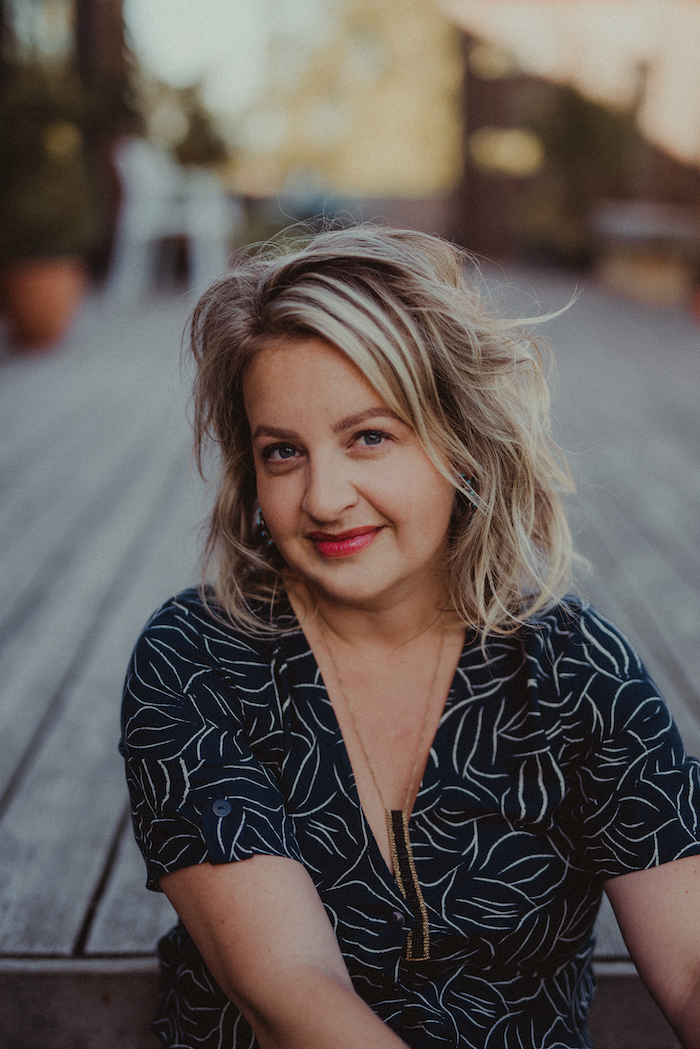

Dr. Gates, Associate Professor of Social Work, is trained as a sociologist and social worker whose professional and academic work has focused on issues on building political power for disenfranchised groups. Most recently, her research and practice have focused on understanding caregiving and strengthening work-family policies at the state level. Her previous community-based research (also involving UP undergraduates) was used to advocate for the FAMLI Equity Act, Oregon’s new paid family and medical leave policy that was signed into law in August 2019. Dr. Gates teaches courses on social welfare policy, social justice, critical perspectives on multiculturalism, and other aspects of macro social work practice.
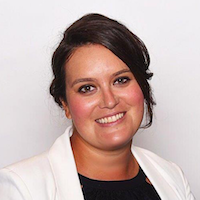
Dr. Golesorkhi is an Assistant Professor of Political Science and Global Affairs at the University of Portland, OR. Lara-Zuzan is deeply committed to connecting theory and practice inside and outside the classroom. Her research interest lies in migration, gender, civil and human rights. Lara-Zuzan is also the founder and executive director of a non-profit human rights NGO that addresses intersectional discrimination in the German labor market. Through her human rights practice, she has been able to push for more inclusivity in the German labor market at the European Commission and the United Nations, as well as on the federal and state level in Germany.
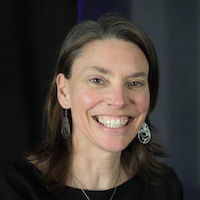
Dr. Hancock teaches about gender, race, and social movements in United States history. This fall 2019 she is teaching U.S. Women’s History, which covers the long suffrage movement, as well as a seminar in American Food history. Her research explores the intersection of gender, race, and public health. She is currently at work on a book-length project that explores the social history of an experimental medical treatment for syphilis-induced insanity in the 1920s and 1930s.
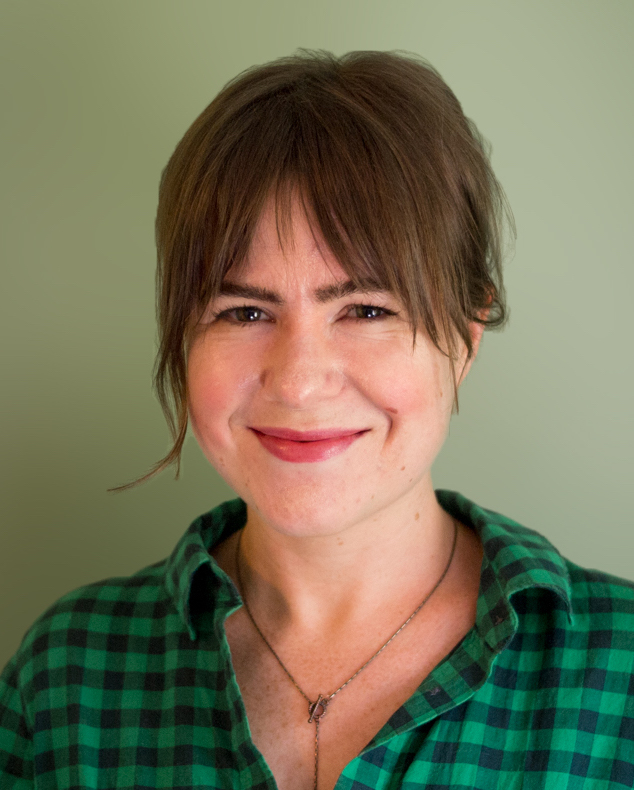
Dr. McDaneld’s research focuses on suffrage literature, U.S. women’s rights movements, and the scholarship of teaching and learning, with essays recently published and forthcoming in journals like Legacy: A Journal of American Women Writers, Signs: Journal of Women in Culture and Society, Feminist Teacher, and Pedagogy. She also serves as a consultant for several journals and presses who publish work in these areas, including Legacy, Teaching American Literature, and Broadview’s Women Writers Series. She is currently at work on a book project that examines the overlooked genres of U.S. suffrage literature to recover suffragism from its “bad literature” and “bad feminism” critical frameworks. Dr. McDaneld holds a Ph.D. in American literature from University of North Carolina at Chapel Hill and a Graduate Certificate in Feminist Studies from Duke University. Here at UP she teaches American literature and core curriculum courses in the English Department.
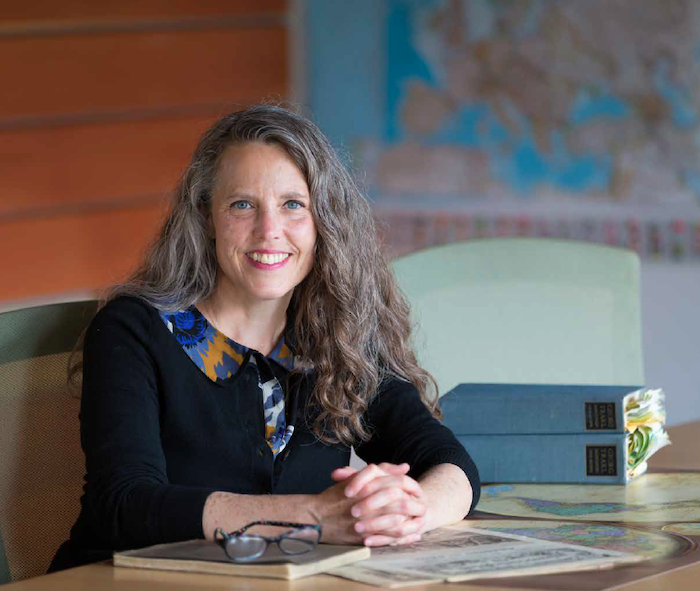
Dr. McLary teaches all levels of German-speaking language and culture, focusing in particular on issues of gender and identity and the legacy of Romanticism and the environmental movement. In the fall semester 2019, she is teaching an advanced German course 2019 that will include a unit on the German and Austrian women’s movement through primary and literary texts. Her research focuses on the literature and culture of late nineteenth- and early twentieth-century and contemporary Austria. She is co-editor (with Vincent Kling) of Winning Back Lost Territory: The Writing of Lilian Faschinger (2014).

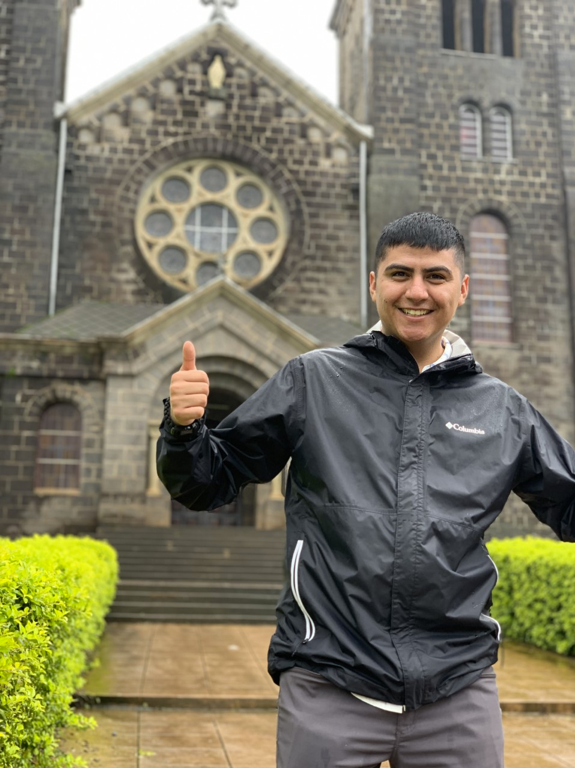
Year: Senior
Majors: Political Science & Spanish
Minors: Sociology & Social Justice
Hometown: Phoenix, AZ
Why are you interested in working on this project?
I am interested in working in this project because voting rights are human rights. As a human being and a United States citizen, I believe we all have the right to vote and we should not take that right away from anyone. What excites me about voting rights expanding to a new group such as younger people is that we can begin to inform the younger generation about the politics that affect not only them and their families, but the entire country. Reaching out to a younger population we can cultivate awareness – we need to educate young people, and they need to know what’s going on in the world.
What does the right to vote mean to you, your family, your community/communities?
Considering I’m the first person from my family to ever vote, voting means a lot. It makes me feel like I am somebody in this country and that representation is what I, along with anybody in the LatinX community needs, considering we are constantly told that we don’t belong here. I have practiced my right to vote and each time I look forward to voting because, although I am a child of immigrants, I’m actually exercising a right that many other American Citizens do not.
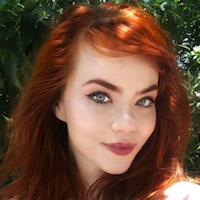
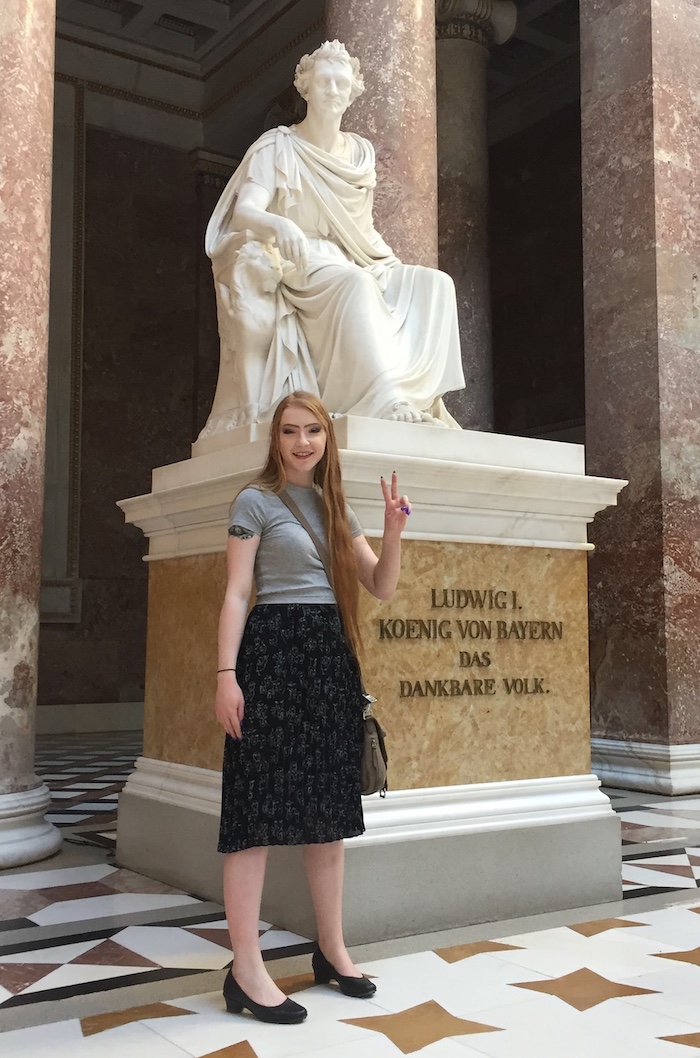
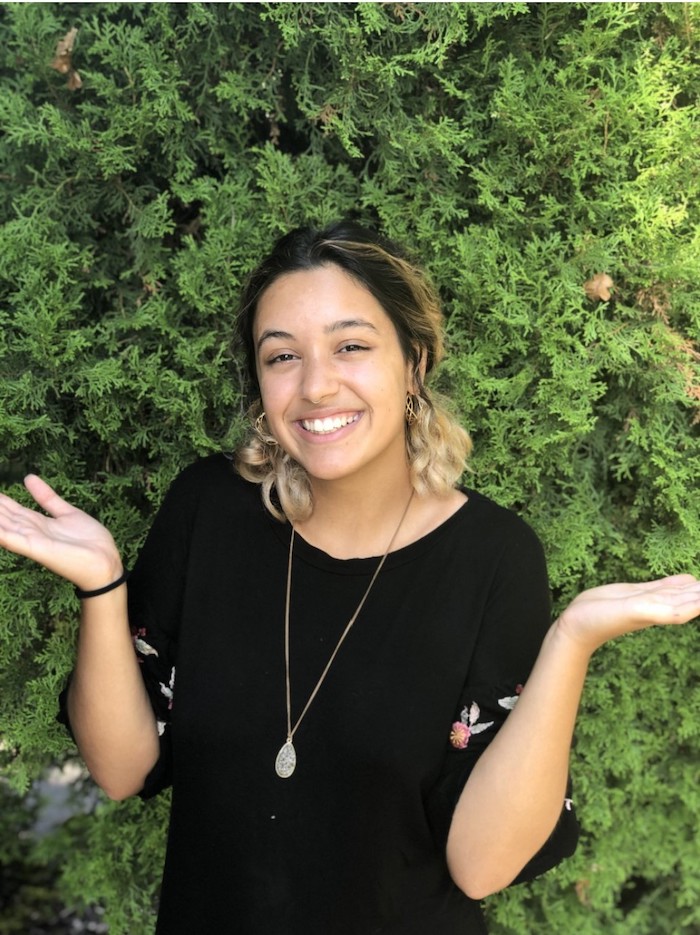
Year: Freshman
Major: Political Science
As a Political Science major, I'm hoping to go into international policy. I have always been passionate about impacting my community whether that be organizing town halls and committees, participating in community organizing, or managing a local campaign. I have also been a part of Model United Nations for going on four years, hoping to gain a greater understanding of world issues and the institutions that can address them.
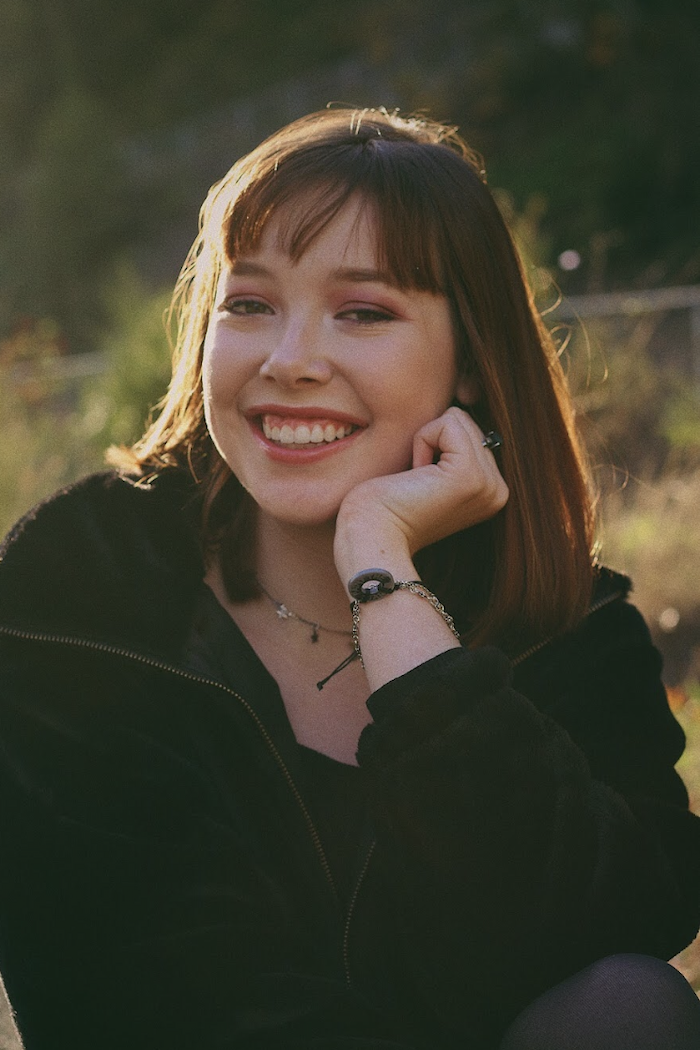
Year: Sophomore
Major: French
Minor: English
Hometown: Las Vegas, NV
Why are you interested in working on this project?
I am interested in the Public Research Fellows project this semester because I always want to learn more about women’s suffrage and the women who fought for the rights that I now have. I consider myself to be an avid feminist, so the chance to work on a project celebrating and highlighting suffragettes was too good to pass up. Additionally, I think it is important for all fields of study to collaborate and I am excited to work with peers from outside my major. Overall, I view this project as a huge learning opportunity in many ways, and one for which I am very excited.
What does the right to vote mean to you, your family, your community/communities?
To me, the right to vote is one of the most basic rights a human being should be granted. It is the opportunity to participate in politics, voice your opinion, and contribute to our ever-changing society. It took too long for everyone in America to be given a right they were owed, and now it is important that they exercise that right. When I exercise my right to vote, it helps me have a more positive outlook on politics. When women utilize their voting rights it is as if they are paying homage to all the women who endangered themselves and spoke up until the 19th amendment was passed.
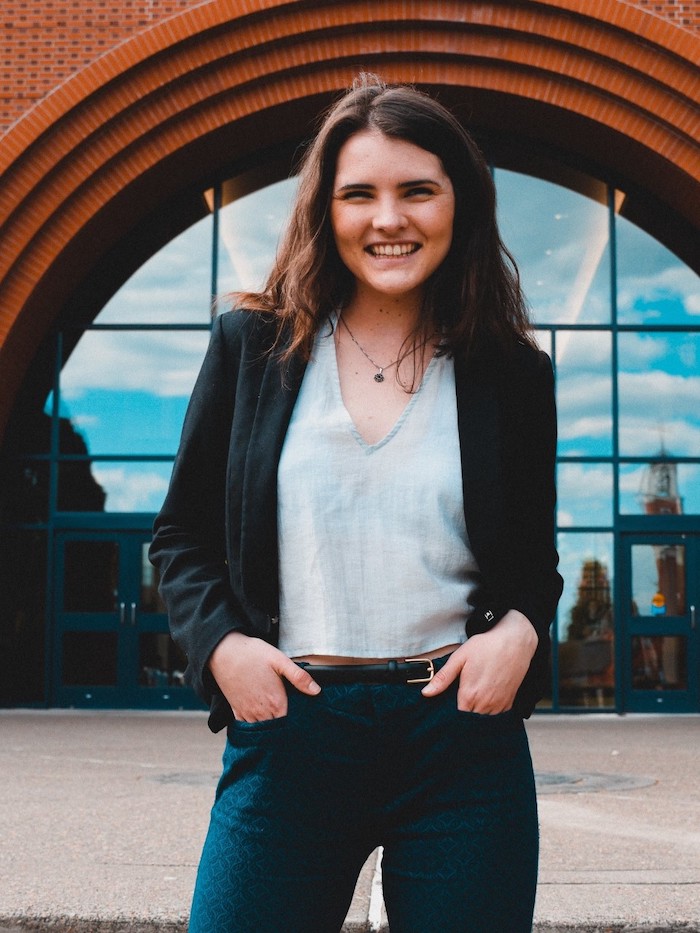
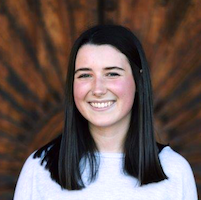
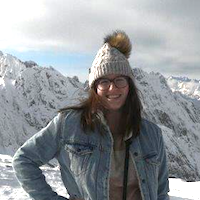
Year: Junior
Majors: Political Science and German Studies
Minor: Gender & Women’s Studies
Last year, I gained valuable experience abroad in the year-long Salzburg program. This year, I'm very excited to be researching migrant women's voting rights for our PRF project, exploring the ideas surrounding voting rights and the rights of migrants around the world.
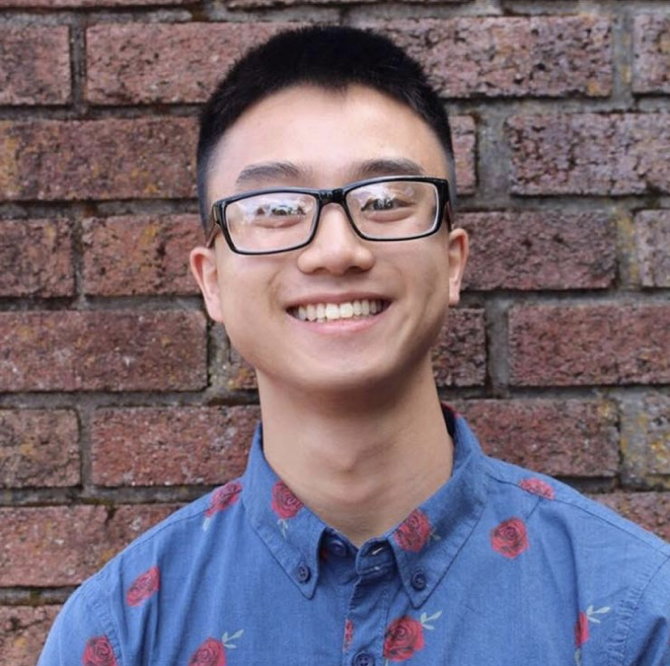
Year: Senior
Major: Biology
Minors: Sociology & Chemistry
Hometown: Portland, OR
Why are you interested in working on this project?
Many think that lowering the voting age would bring in a group of immature voters who lack sound judgement. I’m particularly interested in this project because these biased judgements share some similarities to the ones used in the past to limit the voting rights for minorities and women. I’m inclined to research this topic to learn more about the possibility of expanding our voting rights to a larger group of citizens and giving them a voice in the issues that pertains to their very lives. Furthermore, giving them this right at an earlier age could potentially bring them into the conversation of politics sooner, leading them to be more informed and experienced which could then lead to an increased voter turnout.
What does the right to vote mean to you, your family, your community/communities?
The right to vote is one of our most powerful tools as a citizen. It allows us to voice our opinions and ideas in a civil manner to fight for the things we believe in. Many who have come before us have fought long and hard to ensure everyone receives this right. I personally believe that my individual voice in conjunction with the voices of many others can make a difference in the issues that are occurring in our country today that affects not only myself but also the communities that surround me as well.
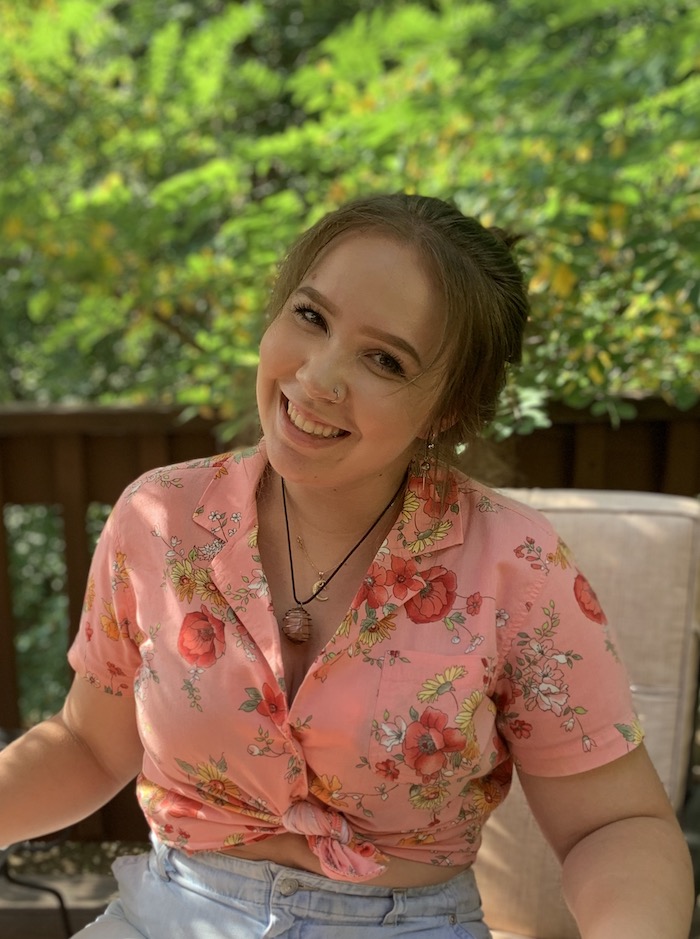
Year: Sophomore
Majors: English & Psychology
Minor: Spanish
Hometown: Brentwood, CA
Why are you interested in working on this project?
As soon as I saw the advertisement for the opportunity to work on a project concerning women’s suffrage I immediately wanted to join. The fight for advocacy of equal rights for all sexes always draws me in, whether it be a poem, a book, a speaker, or in this case, a project. And to be able to participate with a hands-on research on a topic I care deeply about was something I couldn't pass up. I am excited to be a part of such a committed team!
What does the right to vote mean to you, your family, your community/communities?
The right to vote gives us a voice. There is still a lot of inequality in this world, but a vote is a vote and there is no difference in my vote or your vote or my families vote besides what we put our vote towards. It gives us the power to express what we want or what we want to change. Essentially, we can build and engage on topics in our community or country that we care about and that is a powerful tool to have.